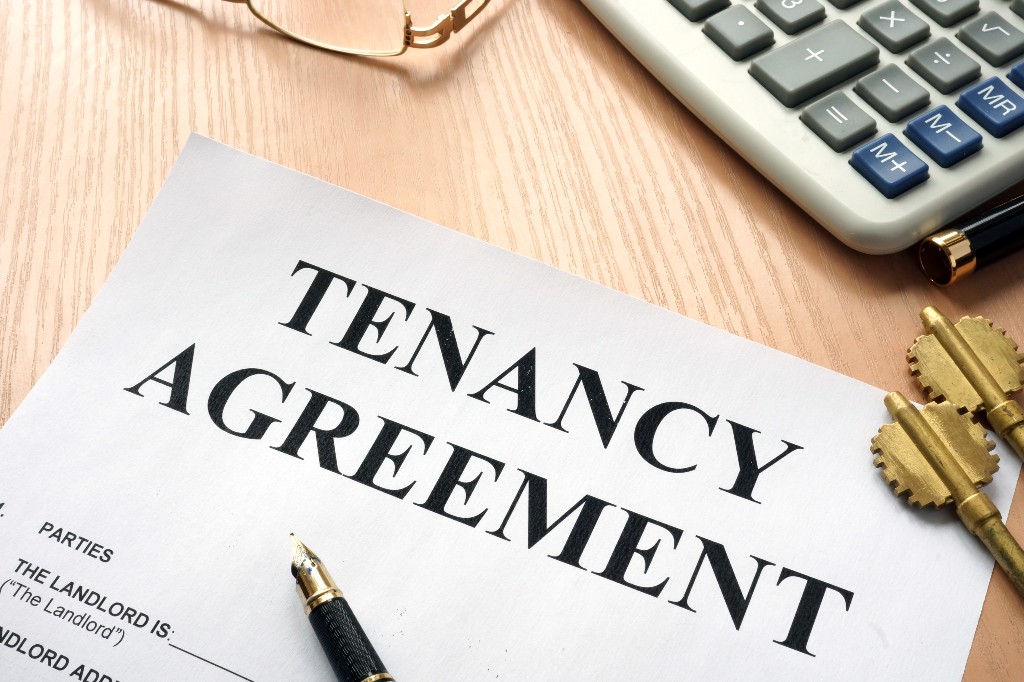As a tenant in South Dakota, it’s vital to understand your rights and responsibilities regarding rent increases. While sudden, unexpected rent hikes can be financially stressful, knowing the laws that govern these increases can help you plan and negotiate effectively with your landlord. South Dakota does not have rent control in place, meaning landlords generally have broad discretion in setting rent amounts. However, there are crucial guidelines regarding notice periods and your options as a tenant.
Rent Control vs. Notice Requirements
Rent control refers to laws that place limits on how much and how often a landlord can increase rent prices. South Dakota does not have rent control measures (S.D. Codified Laws § 6-1-13). This means landlords are generally free to set their rent increases as they deem fit, as long as these increases don’t violate existing lease agreements.
Instead of rent control, South Dakota focuses on notice requirements. These laws mandate that landlords must provide tenants with adequate written notice before implementing any rental increase.
Notice Requirements for Rent Increases
The specific notice period required in South Dakota depends on your lease type:
- Month-to-Month Lease: For periodic tenancies without a fixed end date, landlords must give tenants at least one month’s advance notice of a rent increase.
- Fixed-Term Lease (with rent increase clause): If your lease has a fixed term (e.g., one year )and includes a clause allowing for rent increases, the landlord must follow the notice period specified in your agreement.
- Fixed-Term Lease (without rent increase clause): Unless your fixed-term lease explicitly allows for mid-term increases, the landlord cannot raise the rent during the lease’s duration.
Tenant Rights and Options
When faced with a rent increase, South Dakota tenants have a few important options:
- Negotiate with the landlord: Open communication is often helpful. Try to understand your landlord’s reasons for the increase and respectfully negotiate if you feel the increase is unreasonable. Factors like market conditions and comparable rents in your area can aid your negotiation.
- Consider accepting the increase: If the increase seems fair and aligns with market rates, you may choose to accept it and continue renting at the property.
- Terminate the lease: If the rent increase is unacceptable, South Dakota law allows you to terminate your lease. You must provide written notice to your landlord within 15 days of receiving the rent increase notification. Your lease termination will be effective on the first day of the next rental period (S.D. Codified Laws § 43-32-13 (2024)).
- Fair Housing Considerations: It’s illegal for landlords to raise rent discriminatorily based on factors like race, religion, nationality, familial status, or disability. If you suspect discriminatory practices, contact the National Fair Housing Alliance or local fair housing organizations.
Resources for Tenants
Several resources are available to help South Dakota tenants navigate rent increases and landlord-tenant laws:
- South Dakota Division of Consumer Protection: [Website Link] Provides information on tenant rights and can assist with resolving landlord-tenant disputes.
- Local tenant advocacy groups: Seek out tenant unions or advocacy groups in your city or county. Examples include organizations serving Sioux Falls or Rapid City.
- Legal aid organizations: Legal aid societies in South Dakota may offer advice or representation to low-income tenants facing complex rent increase situations.
Conclusion
Understanding South Dakota’s rent increase laws empowers you as a tenant. Remember, landlords are generally free to increase rent, but must provide proper notice. Proactive communication with your landlord is crucial, and don’t hesitate to seek help from the resources mentioned if you encounter difficulties.



